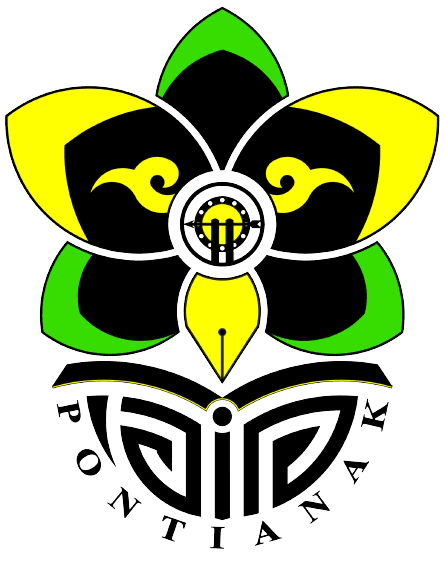Optimizing Early Childhood Communication Skills Through Question Board Media
DOI:
https://doi.org/10.24260/albanna.v4i1.1988Keywords:
Communication Skills; Early Childhood; Learning Media; Question BoardAbstract
Pengembangan keterampilan komunikasi sangat penting pada anak usia dini, karena keterampilan ini merupakan salah satu kompetensi utama di abad ke-21. Penelitian ini bertujuan untuk mengeksplorasi optimalisasi keterampilan komunikasi pada anak usia 4-6 tahun di RA An-Nida melalui penggunaan media papan soal dalam proses pembelajaran. Penelitian ini menggunakan desain eksperimen dengan penilaian pre-test dan post-test. Sampel penelitian terdiri dari 14 anak usia 4-6 tahun. Hasil penelitian menunjukkan terdapat perbedaan yang signifikan rata-rata skor keterampilan komunikasi anak antara pre-test dan post-test, dengan peningkatan sebesar 14,2 poin dan nilai t sebesar 30,4 pada taraf signifikansi 0,00. Penelitian ini merekomendasikan agar optimalisasi keterampilan komunikasi anak usia dini melalui media pembelajaran sebaiknya dibahas pada penelitian selanjutnya.
The development of communication skills is of utmost importance in early childhood, as these skills are one of the key competencies in the 21st century. This research aims to explore the optimization of communication skills in children aged 4-6 years at RA An-Nida through the use of question board media in the learning process. The study utilized an experimental design with pre-test and post-test assessments. The research sample consisted of 14 children aged 4-6 years. The results of the study indicated a significant difference in the average communication skills scores of the children between the pre-test and post-test, with a 14.2-point increase and a t-value of 30.4 at a significance level of 0.00. This research recommends that the optimization of early childhood communication skills through instructional media should be discussed in future studies.









